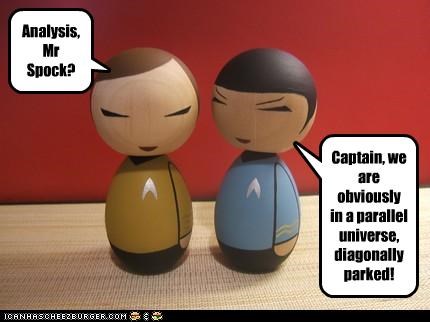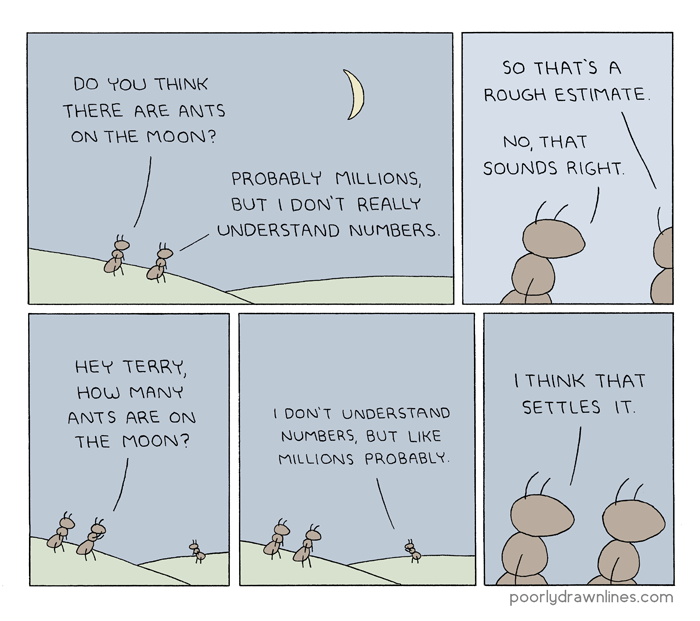Wafer,
I would not have made sense of those sentences without the use of logic.
You stated: 'everybody has their (sic) own list of rules, and there is no way to be sure that everybody's rules are the same as anybody else's rules'.
Do you realise the need to use logic of grammar and syntax to compose that sentence? In fact you used the collective noun, 'everybody', which is singular and referred to it by the use of the possessive plural, 'their' (unfortunately the NIV violates this rule throughout its translation of OT and NT).
Grammar and syntax have a logic - if the reader is to understand the meaning of the sentence then that logic has to be followed. Note that we can ask questions of every word in a correct sentence, and we can find the answer to that question in the sentence....
If the writing is not logical, then the reader will not be convinced of the logic of the analysis.
A 'definition of grammar is the study of the way words are used to make sentences.An example of grammar is how commas and semicolons are supposed to be used'.
Syntax is 'the arrangement of words and phrases to create well-formed sentences in a language'. If I wrote, 'God world Son only so gave he his one only and so loved for' (John 3:16) violates fundamentals of syntax. These rules are not unseen but we too often take them for granted. I've picked up a few of them in my lengthy article, Language police take aim: English grammar takes a nose dive in importance
What I think causes some Christians to balk at the idea of using logic in communication is what is seen in liberal theology using the historical-critical method where people promote autonomous human reason to arrive at conclusions that are contrary to Scripture.
This shows how humanistic reasoning can be abused, but it does not negate the use of logic in our communication. Those who are opposing the use of logic, are engaging in a self-defeating exercise. This is because they are using logic in the sentences they write to oppose the use of logic which they oppose.
Many things in Christian exegesis, theology, apologetics, Bible study, etc., can be abused. The abuse of something does not negate its legitimacy when used for the correct purposes. One or 10 faulty Fords (motor vehicles) doesn’t make every Ford junk – I drive a Mitsubishi.
See my article, Logic and Christian discussions
Oz
BRITISH LEFT WAFFLES ON FALKLANDS



